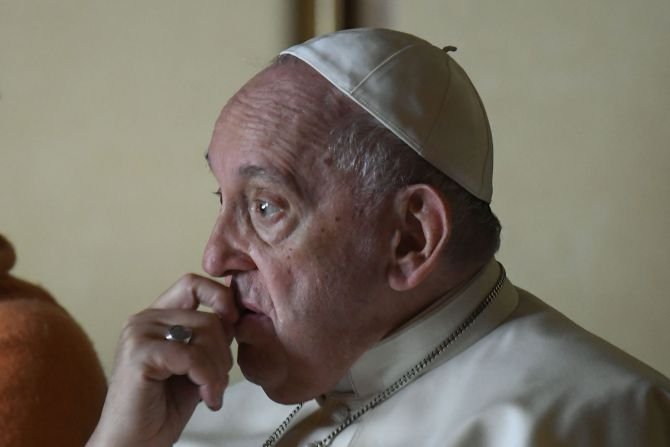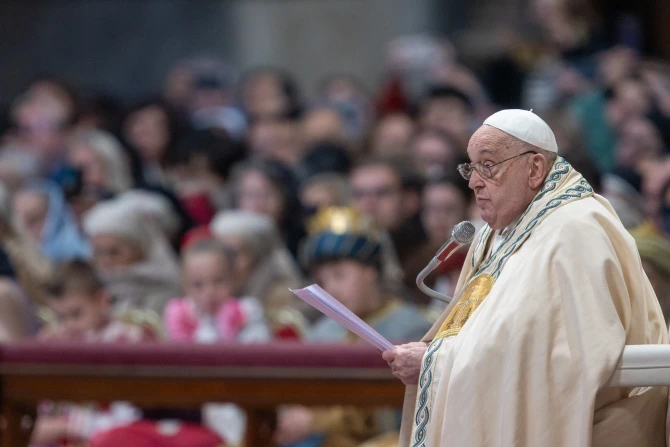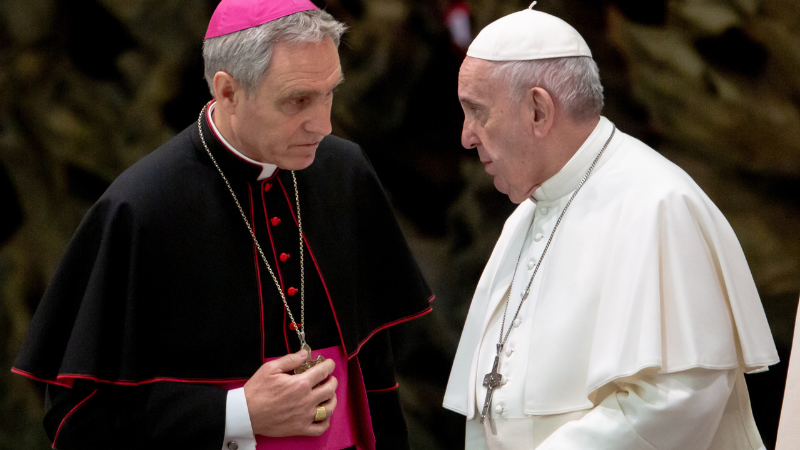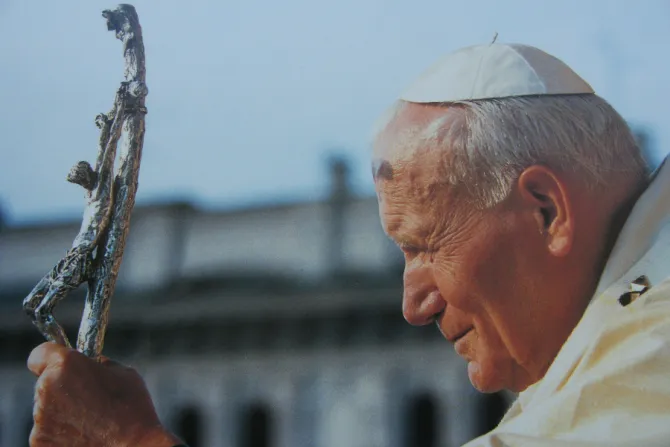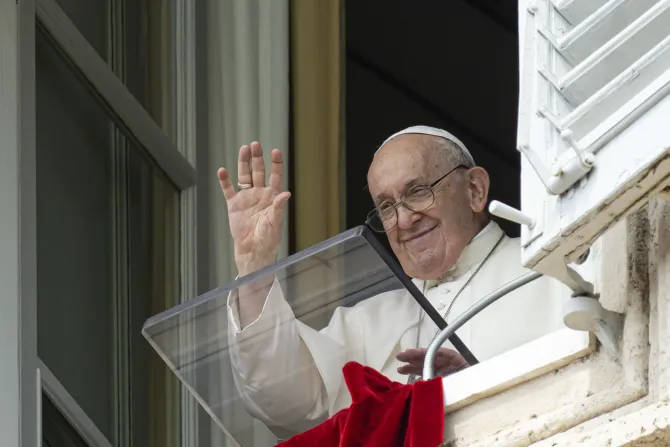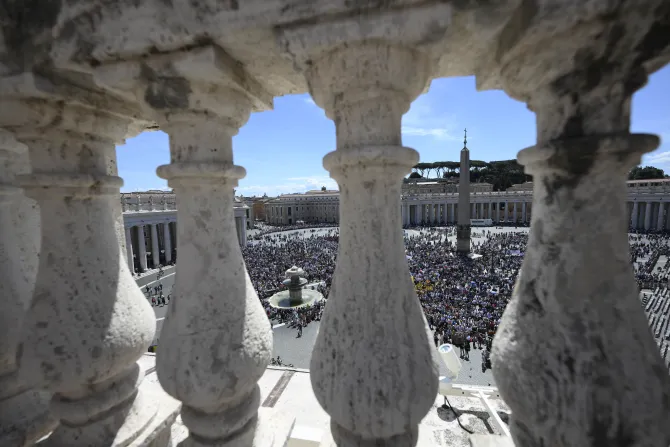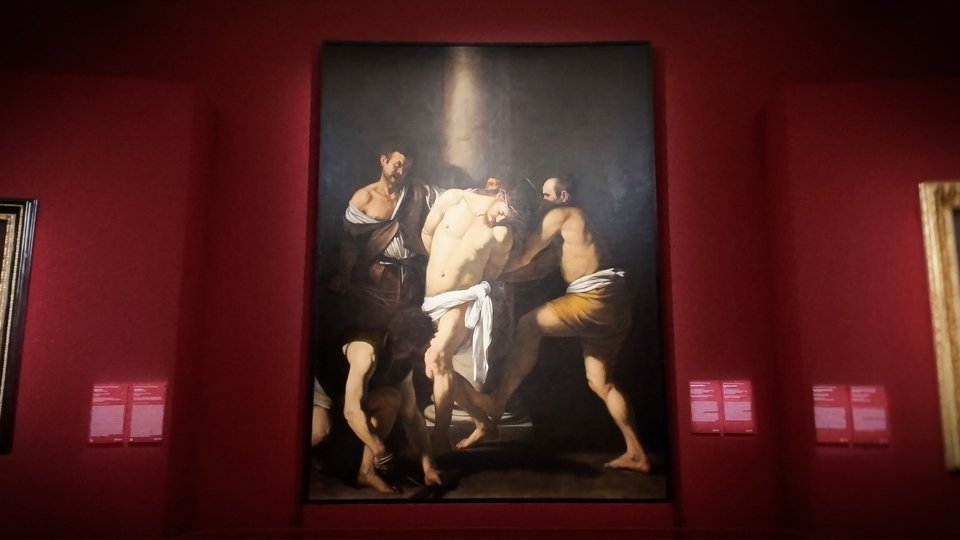A new Spanish-language book whose English title is “The Shepherd: Francis’ Challenges, Reasons, and Reflections on His Pontificate,” written by Argentine journalist Sergio Rubín and his Italian colleague Francesca Ambrogetti contains Pope Francis’ answers to questions he is frequently asked.
The book reviews the almost 10 years of Francis’ pontificate based on conversations that Rubín, a journalist from the Grupo Clarín media group and Ambrogetti, a member of the ANSA agency, had with the pontiff.
The two co-authored “The Jesuit,” the first biographical book on Jorge Bergoglio, the future Pope Francis, published prior to his election to the papacy.
The new book includes answers the Holy Father has given on the situation in Argentina as well as comments that tie him to Peronism (support for the party or policies of Juan Perón, a former president of Argentina) and criticize him for alleged closeness to politicians, trade unionists, and the so-called piqueteros (picketers).
These questions, Rubín said, put the pontiff “at the center of the controversies and as a target of criticism.”
In the book, Pope Francis also addresses corruption at the Vatican, abuses committed by members of the Church, the COVID-19 pandemic, Russia’s invasion of Ukraine, accusations of promoting “poorism,” his position on capitalism, and a possible visit to his homeland.
Is Pope Francis a Peronist?
In a special chapter on Argentina, Pope Francis confronts the label of “Peronist,” with which he is sometimes identified.
“I was never affiliated with the Peronist party, I was not even a party member or supporter of Peronism. Affirming that is a lie,” he says.
However, he acknowledges that the presence in the 1970s of a Peronist group at the Jesuit-run Salvador University, which backed the future pope’s position on social justice, “led to saying that I am a Peronist.”
Then, the pontiff notes that sympathizing with Peronism is not something that can be criticized in itself. “What’s wrong with that?” he asks.
Some who link Francis with Peronism point to his having met several officials and figures of that political persuasion. “I received and I receive everyone. But sometimes there are some who seek to obtain political gain, not always with good intentions,” he explains.
Capitalism, poverty, and the role of the state
Another accusation against the Holy Father that is repeated in Argentina is that he promotes “poorism” — that is, policies that are based on giving subsidies or grants to those most in need instead of seeking to eradicate poverty.
In this regard, Pope Francis comments: “Nowhere in the Bible is there a commandment to produce poverty. Yes, the poor in spirit are blessed, those who are not attached to wealth,” he clarifies.
“But it is by no means wrong to produce wealth for the good of all. I would say more: to produce it is an act of justice,” he maintains.
Francis does not condemn capitalism, nor is he against the market, but he is “in favor of what John Paul II described as the social economy of the market,” which involves three segments: “state, capital, and labor.”
He also delves into the granting of “social plans,” a policy that has been in place for decades in Argentina for the most needy families.
On this point, the Holy Father says that “financial aid from the State to the unemployed must be temporary so as not to affect the culture of work,” and he values employment as a source of dignity, because “living off charity is one thing and another is to earn your living with one’s own effort.”
At the same time, he warns about “the violations of the worker’s dignity and his rights” by certain employers, but also by those unions that get off track because their leaders “are forgetting those they represent.”
Will Francis travel to Argentina?
Asked about his long-delayed visit to his native country, Pope Francis assures that “the intention of traveling to Argentina is still there; it’s unfair to say I don’t want to go.”
In this context, the Holy Father recalls that he was “close to doing it in November 2017” with the intention of also visiting Uruguay and Chile. However, the trip did not take place because there were elections in Chile.

